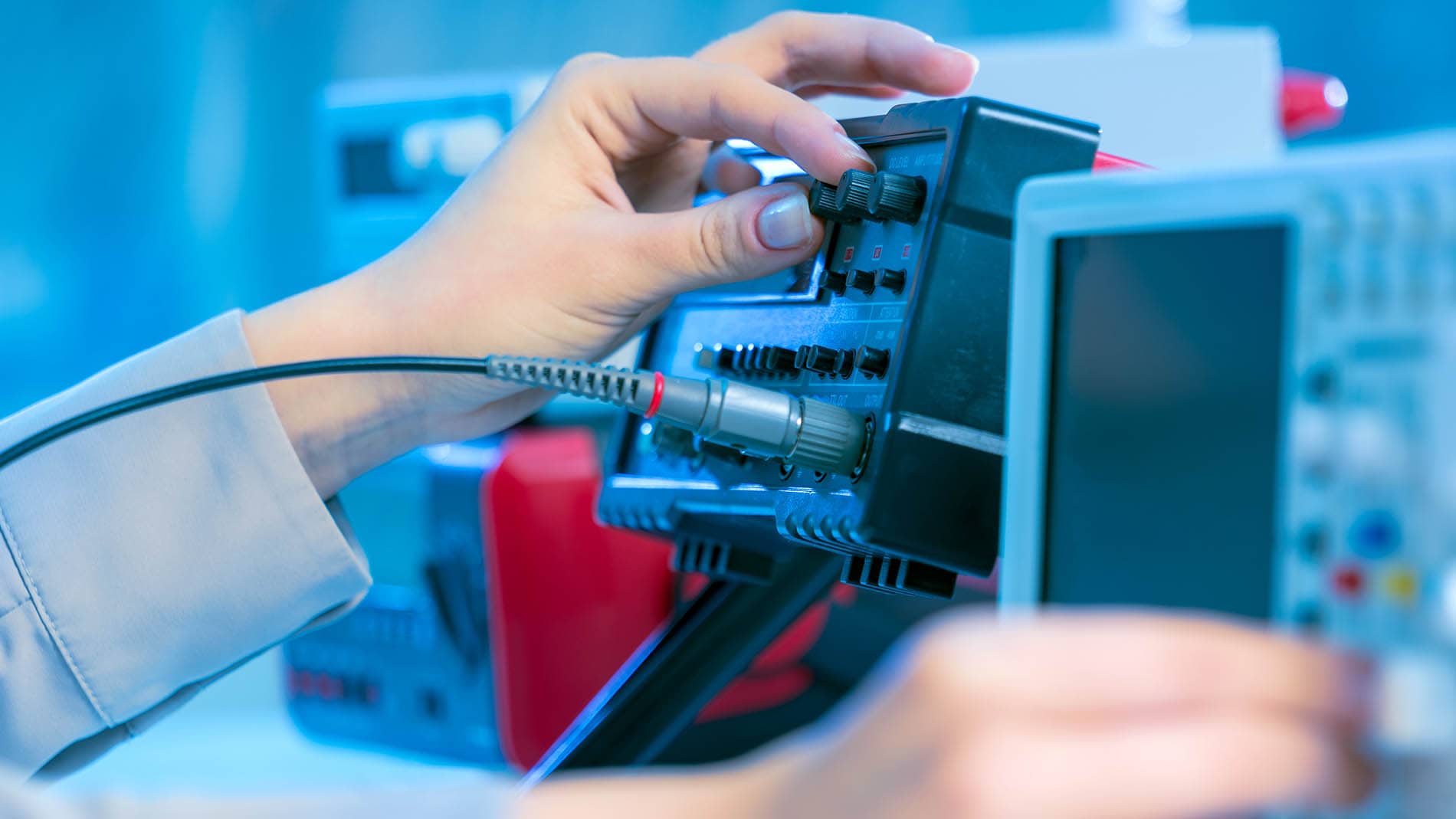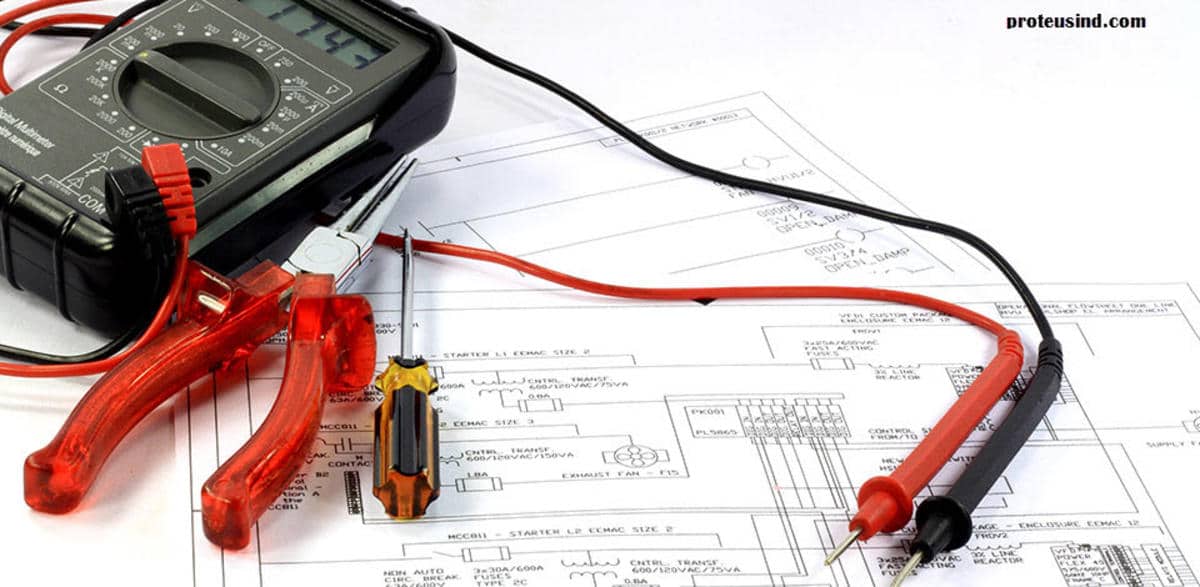Flow calibration is costly; none can afford to do it many times without looking at the cost. Also, you cannot ignore it since you need the flowmeter to remain effective. You need to know when to calibrate flow meters, and the cases you may need calibration before the routine process.
Why do you Need Flow Calibration?

When flow meters were introduced, people thought oy was needful to calibrate flow meters every year. No one looked into the mess that may arise within the year. It became a custom. Up to date, some companies calibrate flow meters only once a year. But is it a good practice?
When you know the need for scaling, you will do it as many times as your company needs. Proper calibration helps to reduce the cost of operation. For instance, flow calibration in the food niche affects the quality of food. You do not want to cause food poisoning to too many people because of the inaccurate flow of chemicals. If it’s the oil and gas niche, you will feel how a minor error can cause a million dollar loss per year.
Since the flow gauging is essential, industries should ensure they do it at least once per year. But for the companies that require precision, they should calibrate flow meters more frequently. For instance, some companies deal with fluids that are potential hazards. But, they are vital to apply in their industry. The gauging should be precise to avoid any risks. In these niches, they can do the calibration monthly, and in extreme cases, weekly. There are cases when annual calibration is not needed. For instance, the fluid might not be high risk, and no external factor can cause an error in the reading. Also, the flow meter may be of high quality.
Another primary reason you need to calibrate is internal deposits. It is crucial in meters that are inside the flow channel. The deposits coat the sensor reducing its efficacy. You may not notice any hitch unless you compare the readings with a standard sensor. You can then assess the cause of the misreading from the degree of the error.
When is Flow Calibration Necessary

After you know the need to calibrate flow meters, you should know when to scale the meter. It would be good to look at several factors to assess when you need to take on the process. The age of the flow meter should direct the number of calibrations. For a new meter, you are sure that the readings will be right for a long time. It is a different case with an old flow meter.
If you notice a contaminant in your fluid, then you will need emergency scaling. If you delay or wait for routine calibration, you may incur significant losses. In the food industry, you may cause health problems for millions of people. You may get into the wrong side of the authorities. The damage may be fatal in the medical industry.
There are standard conditions that a flow meter operates. But, in companies that work in areas with various seasons, they need calibration at the start of each season. The flow meter will not have the same efficiency in summer and winter.
How to Determine Flow Meter Calibration Schedule
When you have the reasons to calibrate flow meters, you need to create a schedule. As you know, humans can easily forget. It may also be required to scale when the person in charge is out of office. Thus, a schedule will guide everyone on how and when to handle the process.
First, you need to understand the need for accuracy in your niche. Then the quality of your flow meter should follow suit. The manufacturer always gives hints, but those are just estimates. You may need more or less. Increase the number of times you calibrate as the meter ages.
Conclusion
It would be best if you calibrated flow meters from time to time. It saves you the pain of losses. Also, it ensures you do not accidentally contaminate foods and water. Also, the doctors will receive the docs they require for their patients.

